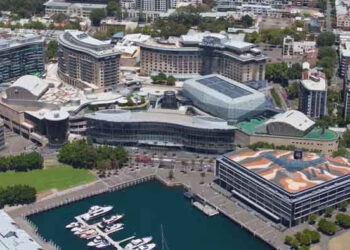Taiwan’s parliament is expected this month to reopen discussions on a bill to regulate casino gaming on the country’s offshore islands.
“Lawmakers have to go back to work and review the bills with higher priority, including the casino draft law,” said Liu Day-Yang director of the Centre for the Study of Lottery and Commercial Gaming at the National Taiwan University of Science and Technology.
The timetable means the legislation could be approved before the summer. “I believe the Matsu county legislator will try to push for the bill to be passed,” Mr Liu said. “In the most optimistic scenario, the draft law could be passed in the first half of 2015.”
The legislation as conceived would create a national regulatory agency to oversee the industry. The agency would issue 15-year licenses requiring operators to pay a 7 percent tax on revenues to the local government and 7 percent to the central government.
Local residents have the final word on casinos, however, and so far, of the eligible island groups of Penghu, Kinmen and Matsu, all located in the Taiwan Strait between Taiwan and China, only the residents of Matsu have voted to approve them.
If the legislation passes, the first integrated resort may be completed by 2019, potentially drawing an initial 5 million tourists annually into the region, and Mr Liu said that a number of foreign operators have expressed interest in making a bid for any of the casino licenses the government plans to issue.
The key to such investments would be access to the resorts from the large coastal cities of Fujian in mainland China and other major Chinese cities farther north, and that could be complicated by massive defeats Taiwan’s pro-China governing KMT party suffered in recent local elections.
China does not recognize Taiwan as an independent nation but considers it a renegade province.






























